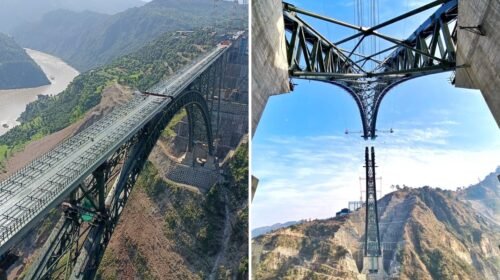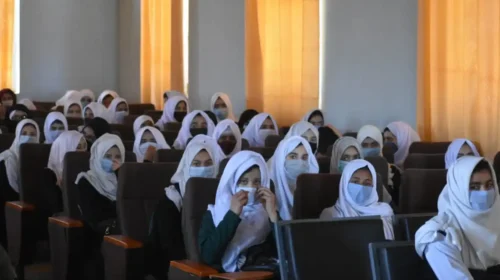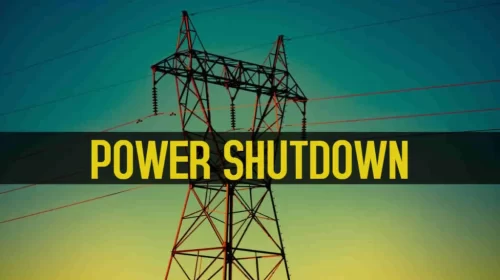Pakistan has raised objections to India’s mega 624 MW power plant project on Chenab. However, New Delhi asserts that the project is fully compliant with the Indus Water Treaty.
Confirming this development, India’s Indus Commissioner Pradeep Kumar Saxena told PTI that his Pakistan Indus Commissioner Syed Muhammad Meher Ali Shah raised the objections last week.
This run of river project is being implemented by Chenab Valley Power Projects Limited, a joint venture of the National Hydropower Company and Jammu and Kashmir State Power Development Corporation (JKSPDC).
“As a responsible upper riparian state, India is committed for full utilisation of its rights and believes in an amicable resolution the issues raised by Pakistan side in letter and spirit of the treaty.
“Pakistan’s objections on this project may come up for discussions in the next meeting of the Permanent Indus Commission scheduled this year in Pakistan. In the forthcoming meeting, the Indian side will explain its position and hope that Pakistan will appreciate the same and its apprehensions will be addressed through discussions,” Saxena said.
The treaty provides Pakistan the right to raise objection on Indian design within three month of the receipt of the information. India has supplied the information on this project in June to Pakistan.
Indus Water Treaty.
Under the IWT signed between India and Pakistan in 1960, all the waters of the eastern rivers — Sutlej, Beas, and Ravi — amounting to around 33 million acre feet (MAF) annually is allocated to India for unrestricted use. The waters of western rivers — Indus, Jhelum, and Chenab — amounting to around 135 MAF annually has been assigned largely to Pakistan.
According to the treaty, India has been given the right to generate hydroelectricity through run-of-the-river projects on the western rivers subject to specific criteria for design and operation. The treaty also gives right to Pakistan to raise objections to designs of Indian hydroelectric projects on the western rivers.











